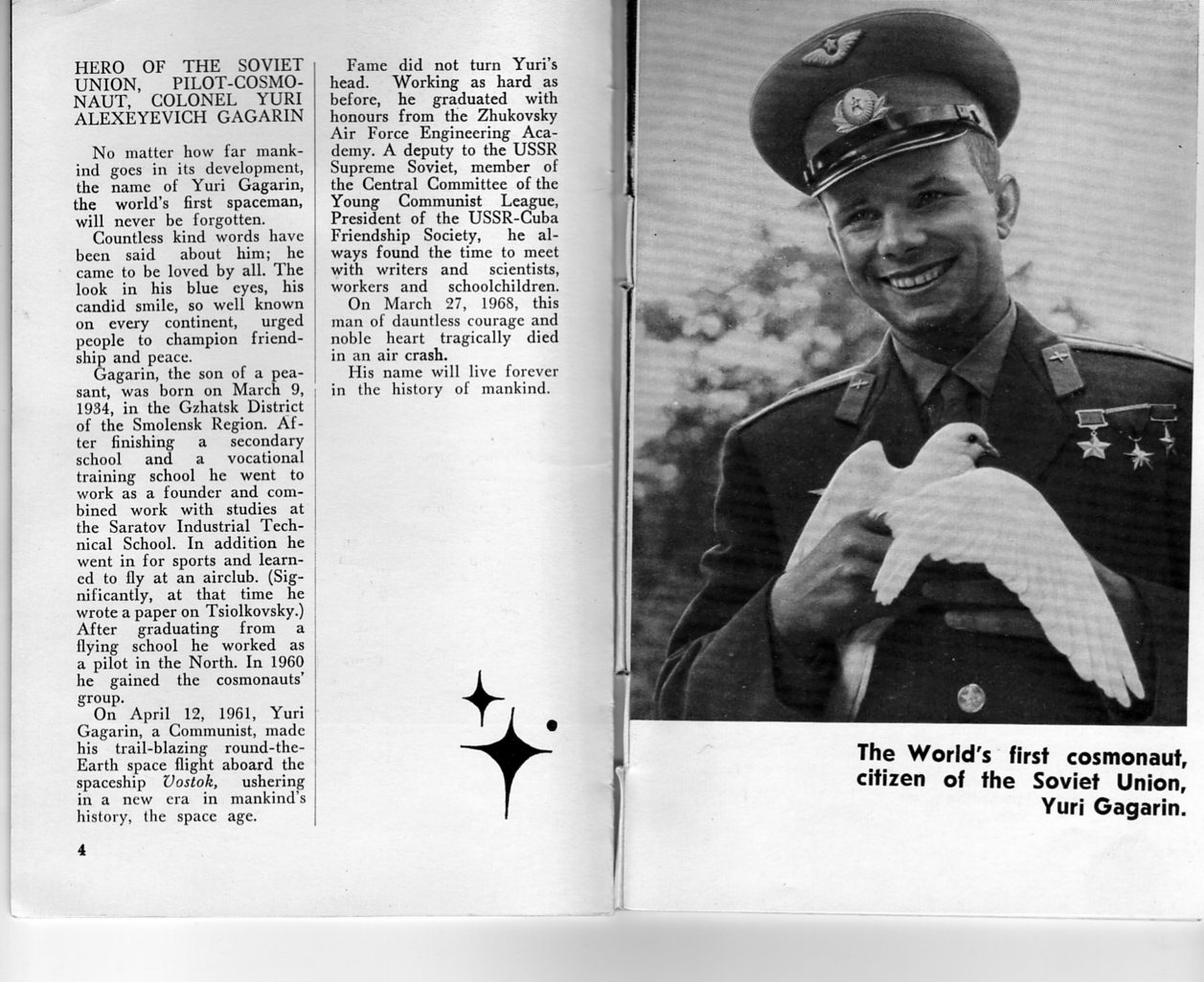RSC
Energia bio
(March 2011) |
Yuri Alexeyevich GAGARIN
Pilot-Cosmonaut of the USSR
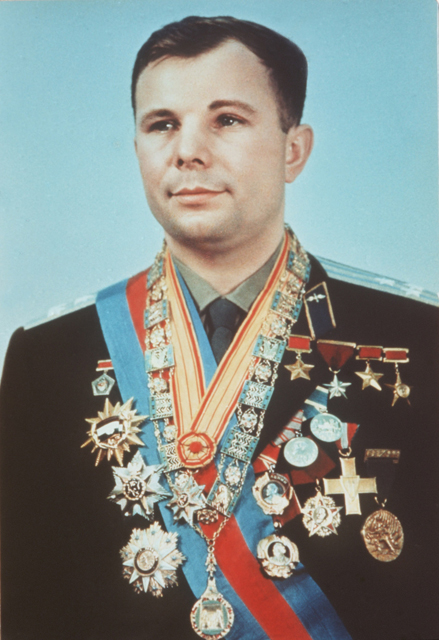 Date
and place of birth: March 9, 1934, the village of Klushino Gzhatsk
(now Gagarin) region Smolensk area, RSFSR (Russia). Date
and place of birth: March 9, 1934, the village of Klushino Gzhatsk
(now Gagarin) region Smolensk area, RSFSR (Russia).
Date and cause of death: On March 27,
1968 he and test pilot, Colonel V.S. Seregin died in a MiG-15 UTI crash
during a routine training flight. The crash occurred near village of Novoselovo
Kirzhach region Vladimir area. The exact cause of the crash was not determined.
Buried in the Kremlin wall on the Red Square
in Moscow.
Education:
In 1941 he went to the first class of the
secondary school in Klushino but did not finish it because of World War
II. And only in 1943 he resumed his studies at school.
From 1945 to 1949 he studied at a secondary
school in Gzhatsk (finished 6 classes). In 1945 the Gagarin family moved
to Gzhatsk.
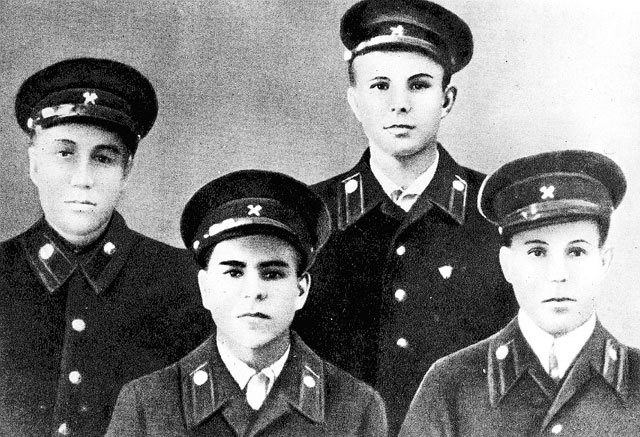 In
1949 to 1951 he was a pupil of trade school ?10 in the town of Lyubertsy
Moscow Area and was specialized as a moulder-foundry worker. In
1949 to 1951 he was a pupil of trade school ?10 in the town of Lyubertsy
Moscow Area and was specialized as a moulder-foundry worker.
In 1951 he finished the 7-th class at school
of working youth ? 1 in Lyubertsy and was sent by Moscow Regional Department
of Labour Reserves to Saratov Industrial Technical School for studies.
In 1951-1955 he was a pupil of Saratov Industrial
Technical School specializing in foundry, got an honours diploma.
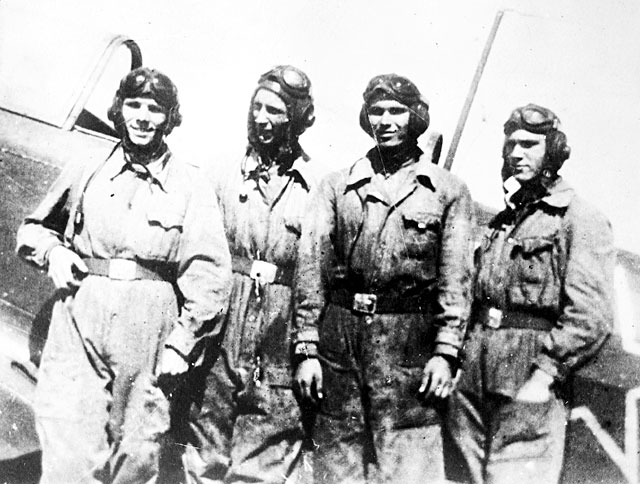 On
September 4, 1954 - October 1, 1955 he took lessons in Saratov Regional
AeroClub. He flied Yak-18, namely performed 196 flights and logged 42 hrs
23 min. Upon completing his training at the AeroClub he was sent to the
1-st Chkalov Higher Pilot School. On
September 4, 1954 - October 1, 1955 he took lessons in Saratov Regional
AeroClub. He flied Yak-18, namely performed 196 flights and logged 42 hrs
23 min. Upon completing his training at the AeroClub he was sent to the
1-st Chkalov Higher Pilot School.
On March 14, 1955 he made the first jump
(parachute PD-47) from a height of 800 m from Po-2.
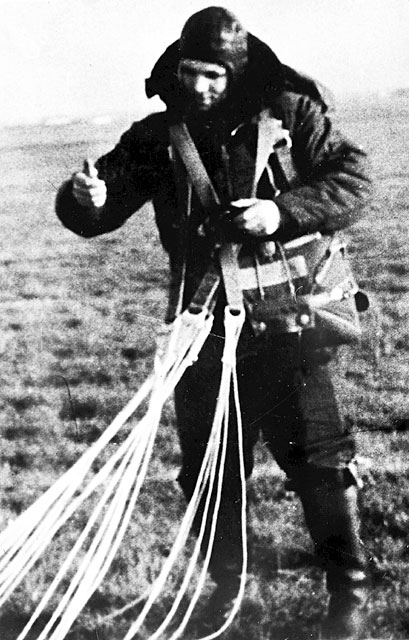 From
October 27, 1955 to November 5, 1957 he was a student of the 1-st Chkalov
Higher Pilot School after K.E. Voroshilov. On January 8, 1956 Yuri Gagarin
took the military oath. He passed graduation examinations in theoretical
courses with excellent marks. He flied such aircraft as Yak-18 and MiG-15bis
(the total flight time was 166 hrs 41 min, 586 flights). From
October 27, 1955 to November 5, 1957 he was a student of the 1-st Chkalov
Higher Pilot School after K.E. Voroshilov. On January 8, 1956 Yuri Gagarin
took the military oath. He passed graduation examinations in theoretical
courses with excellent marks. He flied such aircraft as Yak-18 and MiG-15bis
(the total flight time was 166 hrs 41 min, 586 flights).
From September 1, 1961 to March 2, 1968 he
was a student of Air Force Engineering Academy (AFEA) after N.E. Zhukovskiy,
the engineering department. On February 17, 1968 he defended a diploma
paper. Graduated from the Academy with honours specializing in the Manned
Air and Space Vehicles and Engines for them and was qualified as a pilot-cosmonaut
and an engineer.
Author of books: "Road to Space" (1962),
"I See the Earth" (1976), co-author of book "Psychology and Space " (1971).
Activity before enlistment in the cosmonaut
detachment:
From November 5, 1957 he was at the North
Fleet Air Force commander disposal.
From December 29, 1957 to the cosmonaut detachment
enlistment he was a pilot of fighter aviation regiment 769 of North Fleet
Air Force fighter aviation division 122, Luostari-Novoe Murmansk Area.
On October 24, 1959 he was appointed as master
pilot. By October 1959 his total flight time was 265 hours.
Service in cosmonaut detachment:
On March 7, 1960 by Order of Air Force Commander-in-Chief
?267 he was enlisted as a listener-cosmonaut in AF CTC cosmonaut detachment.
On January 25, 1961 he was appointed cosmonaut
and qualified as AF cosmonaut.
From May 23, 1961 Yuri Gagarin was detachment
1 commander, senior instructor-cosmonaut.
Since January 16, 1963 he was the cosmonaut
detachment commander, senior instructor-cosmonaut.
Since December 20, 1963 Yuri Gagarin was
CTC Deputy Director responsible for space flight training, Head of Space
Flight Training Department.
Since March 20, 1964 he was Head of Department
3, senior instructor-cosmonaut, CTC Deputy Director.
Since March 14, 1966 he was CTC Deputy Director
responsible for space flight training, senior instructor-cosmonaut.
On April 15, 1968 Yuri Gagarin was removed
from the officer list of the USSR AF as a person died on duty.
Space training and flights:
From March 16, 1960 to January 18, 1961 he
passed general space training.
On October 11, 1960 by Order of AF Commander-in-Chief
? 00176 he was enlisted in the group to train for the first manned flight
onboard the Vostok spacecraft together with V. Bykovskiy, G. Nelubov, A.
Nikolaev, P. Popovich and G. Titov.
October 1960 - April 1961 - direct training
within the group for a flight.
On April 8, 1961 by decision of State Commission
he was appointed the Vostok SC pilot.
Yuri Gagarin performed his first spaceflight
on April 12, 1961 as the Vostok SC pilot. The descent vehicle with the
cosmonaut landed near the village of Smelovka Ternovsk region Saratov area.
The flight duration was: 1 hr 48 min.
His call sign was Kedr.
From September 1965 to April 1967 he passed
training for a flight as commander of the active Soyuz SC (7?-??) as a
member of crew-2.
On April 23, 1967 he was a backup of V. Komarov
Soyuz-1 SC commander.
Honourary titles:
A Hero of the Soviet Union (April 14, 1961),
Pilot-Cosmonaut of the USSR (April 14, 1961), Honourary Radio Operator
(1962). Merited Master of Sports (namely, running, 1961).
Government awards
Gold Star Medal of the Hero of the Soviet
Union (1961), Order of Lenin (1961), Medal for Development of virgin lands
(1961) and 4 jubilee medals.
Awards of foreign countries:
The following Medals: Gold Star Medal of
the Hero of Socialist Labour of PRB and Order of George Dimitrov (1961),
Gold Star Medal of the Hero of Socialist Labour of CSR (1961), such Orders
as Cross of Grunwald First Class (1961, PPR), Playa Giron Order (1961;
Cuba), Aeronautics Service Order (1961, Brazil), order of State Banner
of HPR (1961), Necklace of Nile Order (1962, UAR), Order, Badge and Big
Ribbon of the African Star for the following Order: Light in Darkness (1962,
Liberia), Hero of Labour of DRV (1962), Order of the Star Second Class
(Indonesia, 1961), Order of Carl Marx (1963, GDR).
Decorations of scientific and public organizations:
Tsiolkovskiy Gold Medal (Academy of Sciencess
of the USSR), De Lavaux Medal (Aeronautics Federation), Gold Medal and
Honours Diploma of the International Association Man in Space, Gold Medal
and Honours diploma of the Italian Association of Cosmonautics, Distinguished
Distinction Gold Medal and Honours Diploma of the Royal AeroClub of Sweden,
Gold Medal of the British Society of Interplanetary Communication, Big
Gold Medal and a diploma of Aeronautics Federation, Galaber Astronautics
Prize for Distinguished Services in Space Exploration (1963), Gold and
Silver medals of astronomical observatory and planetarium in Stara Zagora
(Bolgaria), Columbus Medal (Italia), Gold Badge of the Central Committee
of the Communist Party of Finland (1961), Communard Medal March 18, 1871
(France, 1963), Puteaux Gold Medal (France, 1963), Saint-Denis Gold Medal
(France), Medal in honour of proclaiming Yu.A. Gagarin the first honourary
member of the united trade union of steel founders of England and Ireland
(Manchester, 1961), LYCLSU CC Badge for Active Work in the Young Communist
League (posthumously, 1970), Korolev Medal of the Aviation Sport Federation
of the USSR (posthumously, 1972), Korolev Medal of OKB-1 Enterprise Scientific
Council (1967), breastplate and diploma for Active Propaganda of Cosmonautics
Achievements, Ideas of K.E. Tsiolkovskiy of the State Museum of Cosmonautics
History after K.E. Tsiolkovskiy (posthumously, 1974), Medal for Active
Propaganda of K.E. Tsiolkovskiy Ideas and Cosmonautics (posthumously, 1974),
Badge of the Honourary Builder of Komsomolsk, 1932-1957 (1962), diploma
of Exhibition of Economic Achievements of the USSR for Development and
Introduction of Technology (1967).
Honourary citizen of the following towns:
Kaluga (1961), Lyubertsy (posthumously, 1987), Novocherkassk, Sumgait,
Smolensk, Vinnitsa, Novozybkovo and Novozybkovo Region of Bryansk Area
(1966), Sevastopol, Saratov (1967), Leninsk (now Baikonur, posthumously,
1977) - all these towns are the towns of the USSR, as well as Sofia, Pernik
(1966), Burgas (1966) are the towns of PRB, Athens (Greece), Famagusta,
Limassol (Cyprus), Saint-Denis, Puteaux (1963, France), Tren?ianske-Teplice,
Martin (1961, CSR).
Yu.A. Gagarin received gold keys to the gate
of such cities as Kair and Alexandria (1962, Egypt) for perpetual storage.
The following was named Yu.A. Gagarin:
The town of Gagarin (former Gzgatsk and Gagarin Region (former Gzhatsk
Region) of Smolensk Area. His name was given to the memorial museum built
in the town of Gagarin, the Red Banner Military Air Academy in the town
of Monino, the Cosmonaut Training Center. The research ships, schools and
technical schools, Yakutsk Regional Printing-House have his name. The bronze
bust of Yu.A. Gagarin is installed in Moscow on the Avenue of Space Heroes.
The monument in the Star City (unveiled in 1971). The bronze bust of a
15-year Yu.A. Gagarin is installed on the 2-nd site of the Baikonur cosmodrome.
There are monuments in Moscow (on the Gagarin square), in Gagarin, Leninsk
(now Baikonur) on the square having his name, in Sofia, at Yu.A. Gagarin
Thermo-Electric Power Station in Visonta, Hungary (1973). The name of Gagarin
is given to the crater on the back side of the Moon and small planet ?1772.
Based on data of book "The Soviet and Russian
Cosmonauts, 1960-2000" |
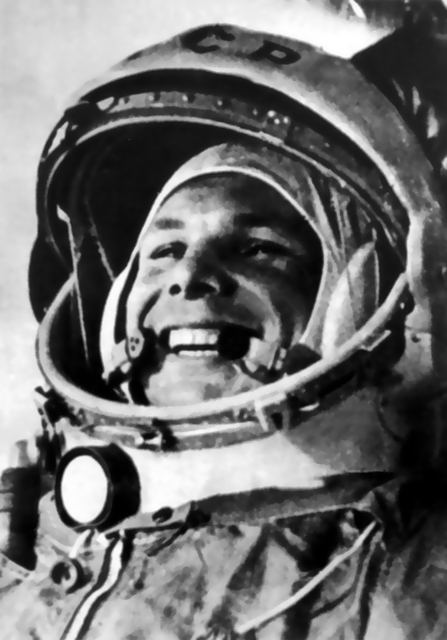 |
| . |
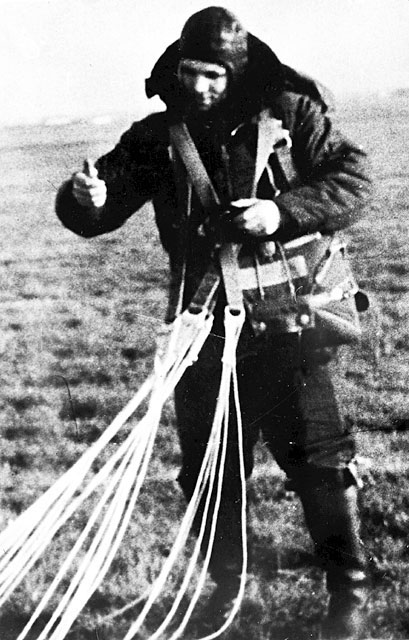 |
| . |
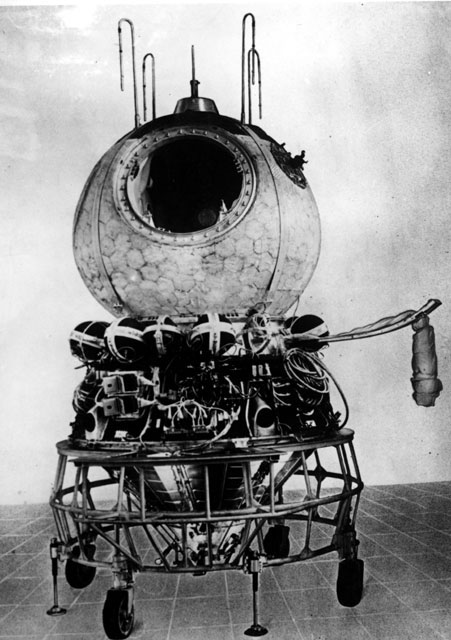 |
| . |
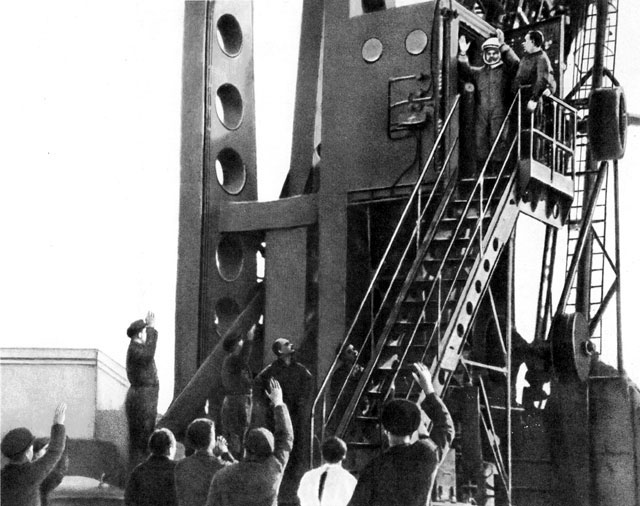 |
| . |
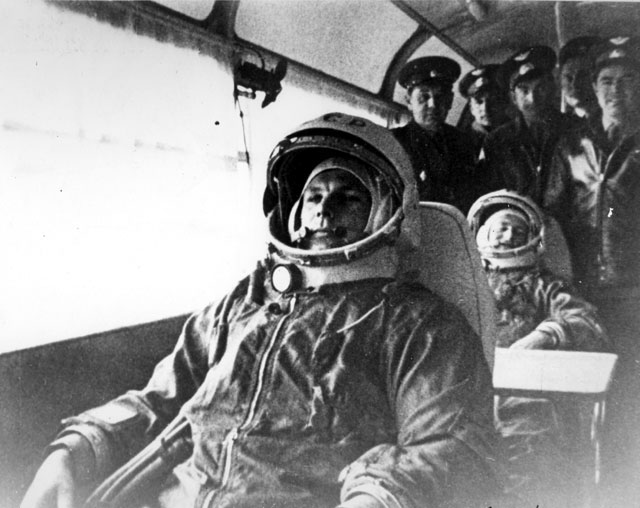 |
| . |
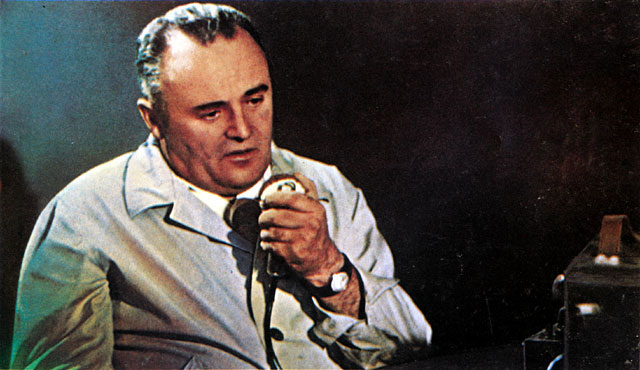 |
| . |
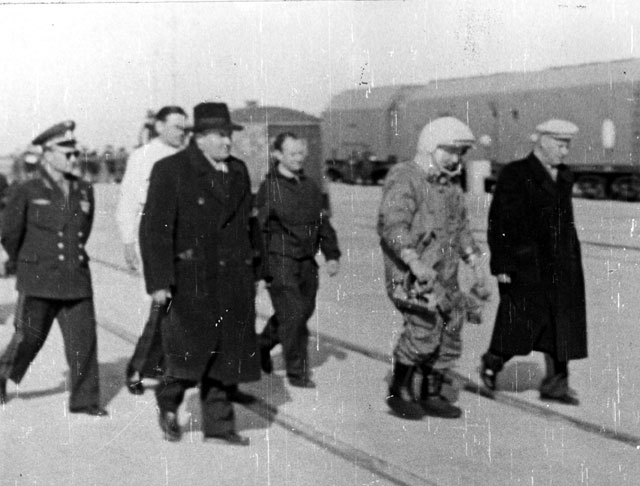 |
| . |
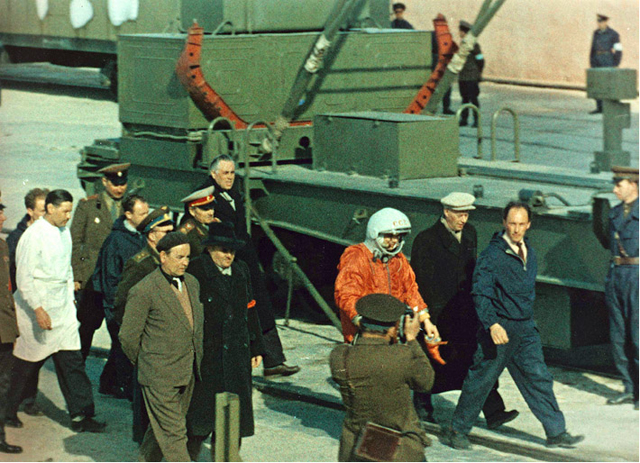 |
| . |
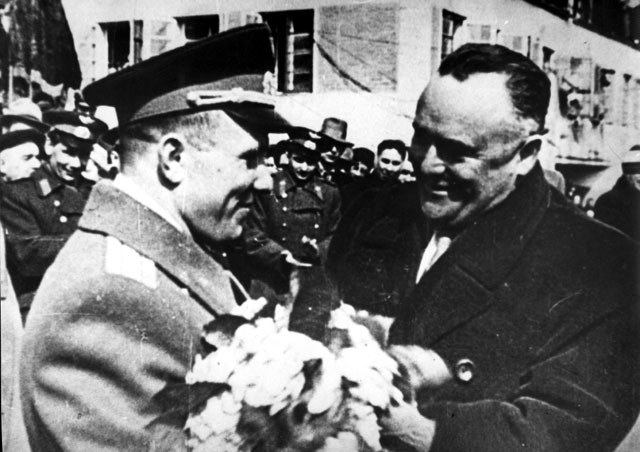 |
| . |
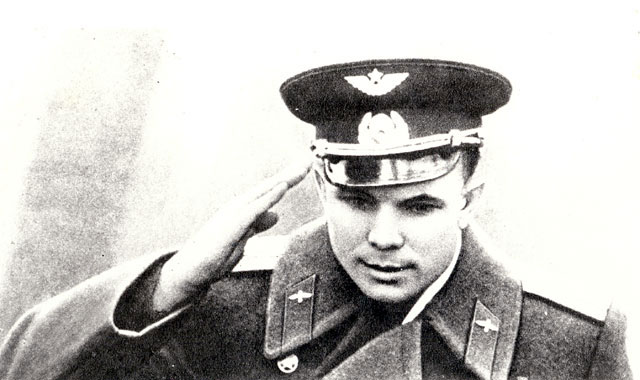 |
| . |
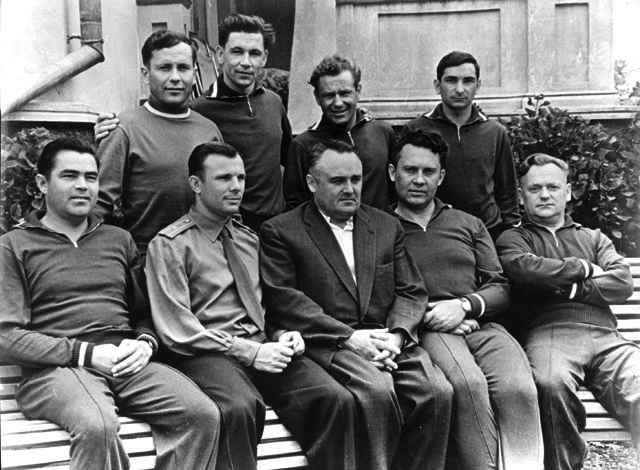 |
| . |
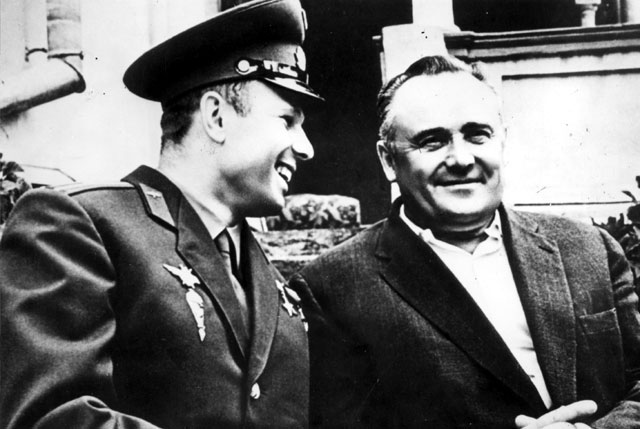 |
| . |
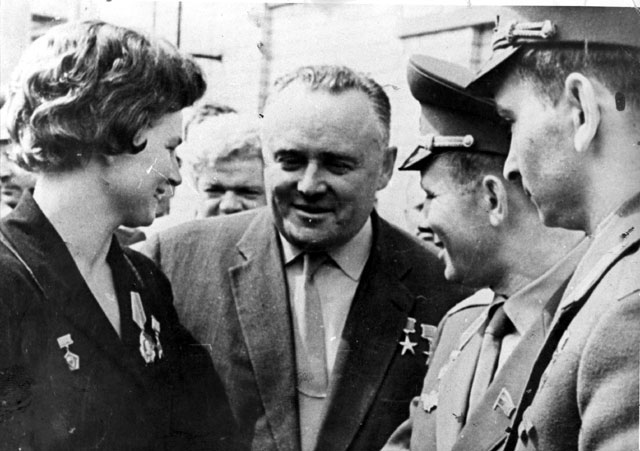 |
| . |
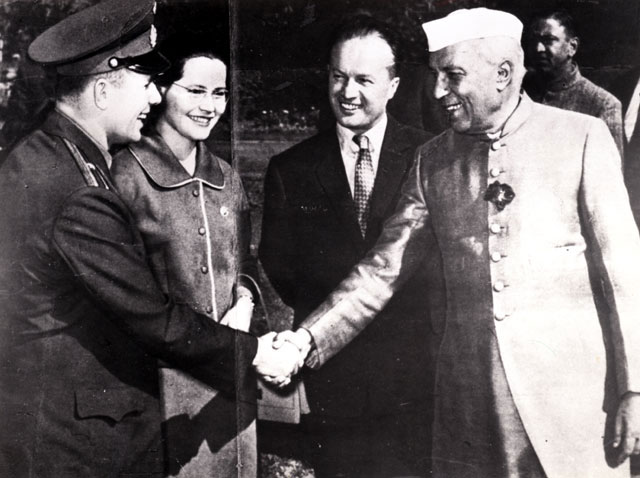 |
| . |
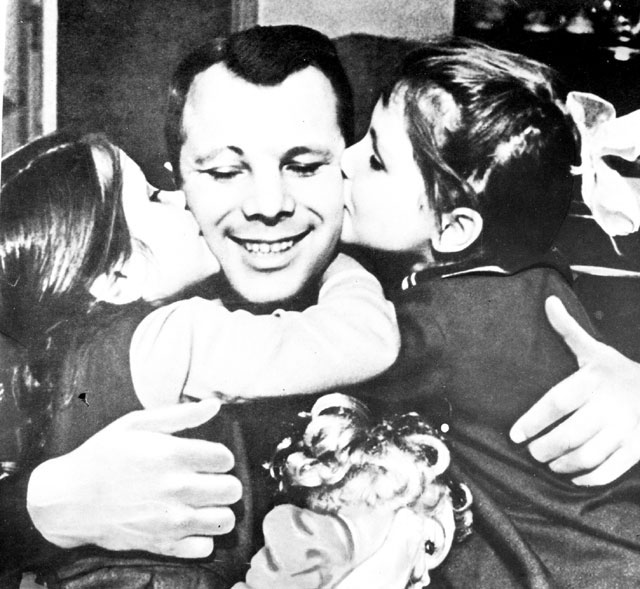 |
| . |
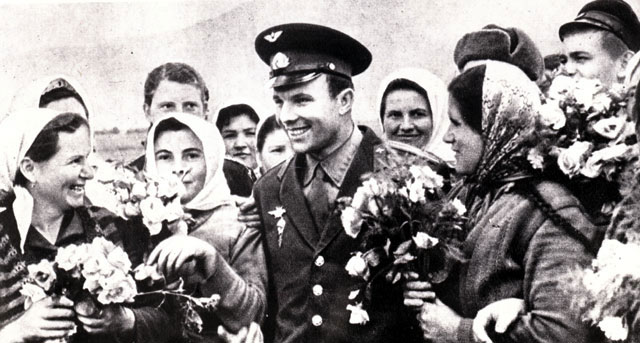 |
| . |
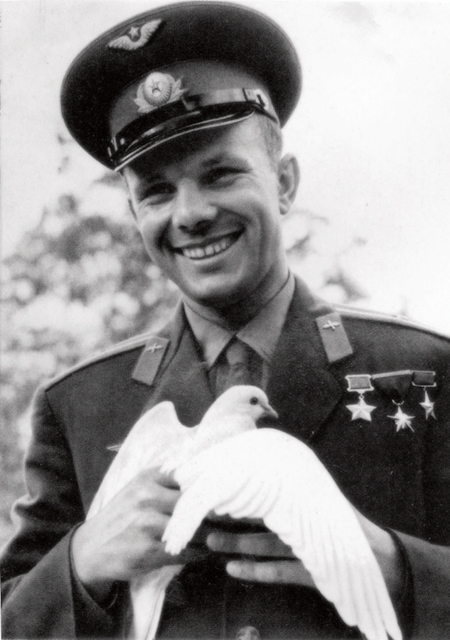 |
Photos
RSC Energia
|


